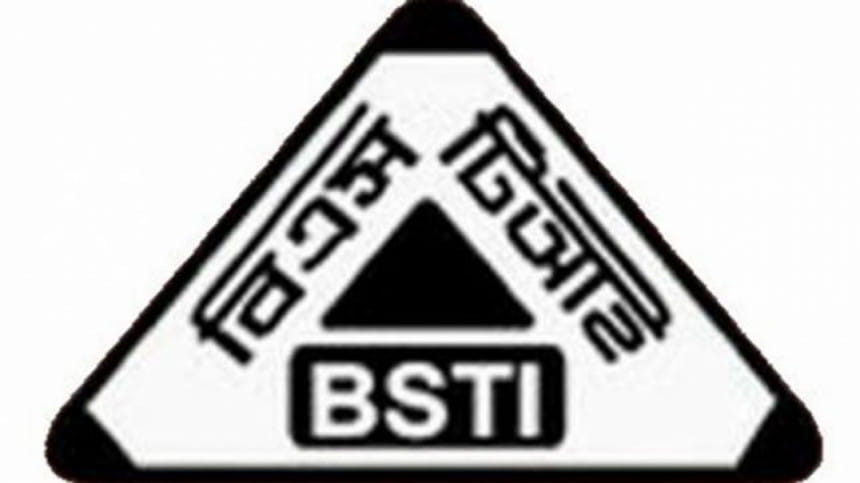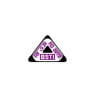BSTI tests well below par

The country’s lone quality control authority for food has no mechanism to detect harmful agents like antibiotics and pesticides in any food items.
Besides, its safety parameters set 17 years ago for testing milk are below the standards in developed countries.
Experts say Bangladesh Standards and Testing Institution (BSTI) tests milk only against nine parameters when developed nations do that against 23-30 parameters.
All developed countries now examine heavy metals, antibiotics and pesticides in milk, said an official of the Institute of Public Health under the health ministry.
India, for example, tests milk against 23 quality and chemical parameters and 18 chemical adulterants. It can detect up to 300 pesticides in food items. Singapore can detect 500 pesticides, said the official.
Indiscriminate use of antibiotics and fertilisers are the major sources of antibiotics and heavy metals in food items. Farmers apply excessive fertilisers and antibiotics often without knowing the proper dose.
Against this reality, BSTI’s examination should be more stringent to ensure safe food, the experts added.
Its role as the quality controller came under the scanner after the Institute of Public Health found antibiotics, pesticides and heavy metals in packaged milk available in the market.
Only weeks later on June 25, Dhaka University’s Pharmacy Faculty and Biomedical Research Centre released their research findings, saying they detected detergent and antibiotics meant for humans in packaged milk marketed by all the top brands.
On the same day, the BSTI submitted a report to the High Court, claiming they did not find anything harmful in the milk samples it examined.
However, it did not check the presence of antibiotics and pesticides. Among other things, the BSTI tested the level of protein, fat, lactic acid, coliform and density.
“We tested milk against 19 parameters while the BSTI against only nine. In developed nations, milk is examined against 23 to 30 parameters,” said Prof ABM Faroque, director of Biomedical Research Centre at Dhaka University.
The BSTI last set its standards for testing pasteurised milk 17 years ago in 2002 and that of powder milk 11 years ago in 2008, according to its officials.
Prof Faroque, also former dean of the Faculty of Pharmacy, said the BSTI standards should be updated regularly because unscrupulous businesses always tried to take advantage of loopholes.
Unveiling their research findings on June 25, he said the consequences of food contamination would be very costly.
Their study also found that nine other food items manufactured and marketed by some of the top brands in the country do not meet the BSTI standards. These items -- ghee, fruit drinks, turmeric powder, dry chilli powder, palm oil, mustard oil and soybean oil -- also contain ingredients harmful to human health.
The sample turmeric powders and fruit drinks, for example, contain substances that can cause cancer.
Contacted, BSTI Director SM Ishaque Ali admitted they did not check the presence of antibiotics and pesticides in food items at the moment.
But the institution is gradually trying to bring the 72 compulsory food items in safety parameters that included toxic elements, antibiotics and heavy metals.
“We first have to incorporate safety parameters to detect antibiotics and pesticides in food items. After that we have to purchase some equipment to detect presence of those agents in food,” he told The Daily Star yesterday.
Antibiotics in food items are a relatively new menace in Bangladesh and the BSTI is trying to address it, the official said.
“Often, the problem is not in the finished products. It’s in the entire production process of milk. The livestock department has some role to play here.”
Hiresh Ranjan Bhowmik, director general of livestock services, said they had been campaigning to raise awareness among farmers of the consequences of applying excessive antibiotics on cattle and poultry.

 For all latest news, follow The Daily Star's Google News channel.
For all latest news, follow The Daily Star's Google News channel. 








Comments